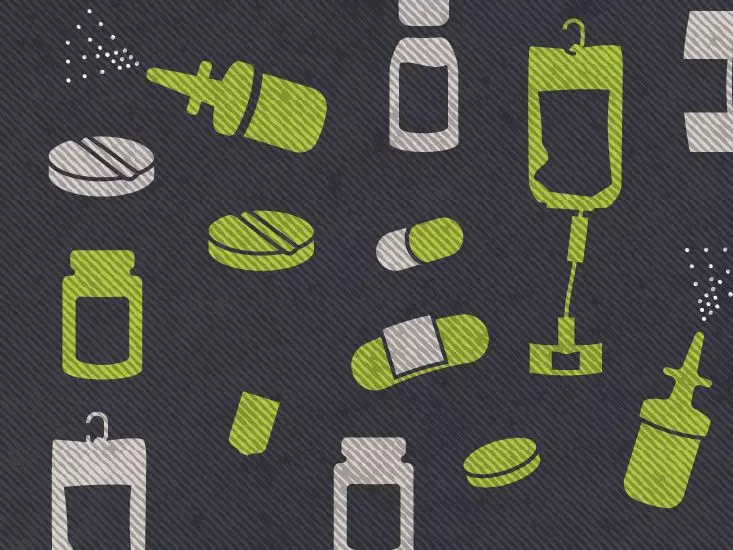Benadryl, also known as diphenhydramine, is a commonly used brand-name drug for treating allergies, allergic reactions, and itching. It is available in various forms, both over-the-counter and in generic versions. Understanding the dosage, strengths, and proper usage of Benadryl is crucial for safe and effective treatment.
Benadryl comes in several oral and topical forms. Oral forms include tablets, liquid-filled capsules, liquid solutions, and chewable tablets. On the other hand, topical forms of Benadryl, such as gel, cream, spray, and stick, are designed for application on the skin. It is important to note that these topical forms may contain additional active ingredients, such as zinc acetate, which functions as a skin protectant.
When it comes to the dosage of Benadryl, it is essential to follow the recommendations provided by your healthcare provider or the instructions on the product label. For adults, the typical oral dose ranges from 25 to 50 mg every 4 to 6 hours, with a maximum of 6 doses in 24 hours. Children aged 6 years and older can take Benadryl orally, with dosages based on age and ranging from 12.5 to 50 mg every 4 to 6 hours. However, children aged 2 to 5 years should only use oral Benadryl under the guidance of a healthcare professional.
Oral forms of Benadryl are commonly used to treat allergies or allergic reactions, while topical forms are applied directly to the skin to alleviate itching and discomfort caused by rashes or insect bites. It is crucial to apply topical forms 3 to 4 times per day to the affected area(s) of the skin. Additionally, Benadryl should only be used externally, and if there are any uncertainties regarding the usage instructions, consulting a healthcare provider or pharmacist is recommended.
As an over-the-counter medication, Benadryl comes with specific directions on the product label that should be carefully followed. It can be taken with or without food, and alternative forms like chewable tablets and liquid solutions are available for those who have difficulty swallowing pills. While Benadryl can be used as a short-term or long-term treatment, it is important not to exceed the recommended dosage to avoid potential side effects or overdose. In case of an accidental overdose, seeking immediate medical attention is necessary.
Benadryl is a widely used medication for treating allergies and itching, available in various forms for both oral and topical use. Understanding the recommended dosage, proper application, and safety precautions is essential for the effective and safe utilization of Benadryl. It is always advisable to consult with a healthcare professional before starting any medication regimen to ensure its suitability and minimize potential risks.


Leave a Reply